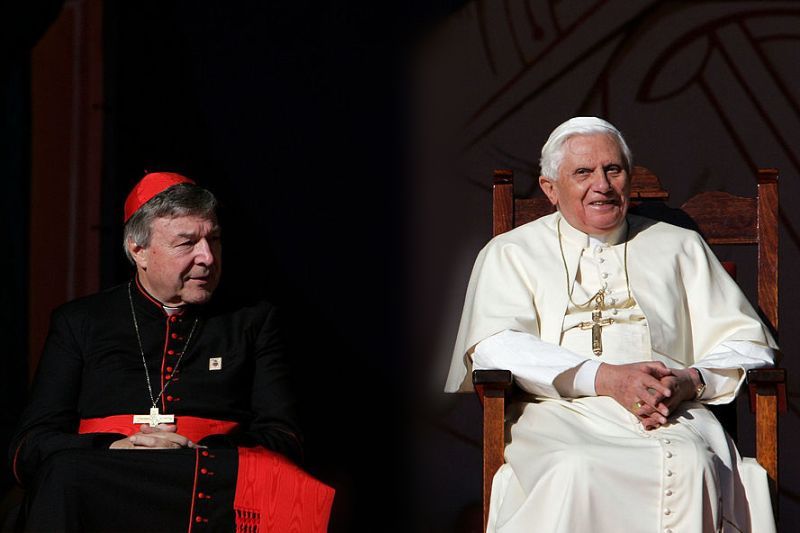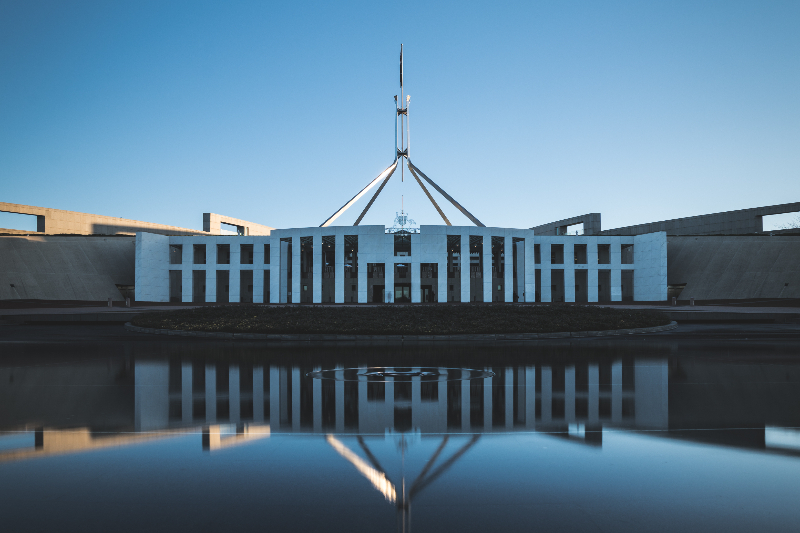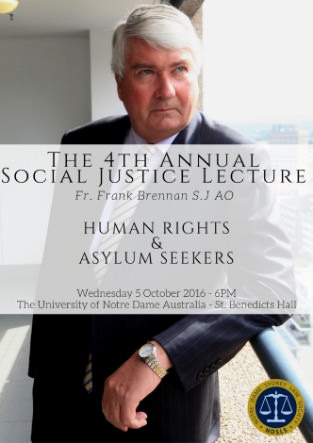Keywords: Caritas In Veritate
-

RELIGION
- Michael McVeigh
- 17 January 2023
11 Comments
The two Catholic leaders who passed away this summer both lived in the public spotlight for much of their lives, but they also each lived a private life of which we only ever gained glimpses. Those of us who didn’t know them tend to fill in the details based on which aspects of their public persona best align with our own attitudes.
READ MORE
-

AUSTRALIA
- Frank Brennan
- 22 February 2022
1 Comment
In recent days, if you were to listen to the media reports, you could be forgiven for thinking that religious educators want to retain a right to exclude children or teachers from their schools on the basis of their gender or sexual orientation. Nothing could be further from the truth. Or nothing should be further from the truth.
READ MORE
-

AUSTRALIA
- Frank Brennan
- 06 October 2016
8 Comments
Australia's policy is unique and unrepeatable by other nations because it requires that you be an island nation continent without asylum seekers in direct flight from the countries next door and that you have access to a couple of other neighbouring island nations which are so indigent that they will receive cash payments in exchange for warehousing asylum seekers and proven refugees, perhaps indefinitely. The policy over which Turnbull presides is not world best practice. It's a disgrace.
READ MORE
-

AUSTRALIA
- Frank Brennan
- 23 October 2015
4 Comments
Francis knows there are all sorts of issues inside and outside the Church where for too long people with power have tried to keep the lid on, in the hope that the problems and complexities will go away, often by parodying those who see the problems or complexities as small 'l' liberals or cafeteria Catholics. He delights in being joyful and troubled while contemplating big problems, calling people of good will to the table of deliberation reminding them of the kernel of the Christian gospels. He has the faith and hope needed to lift the lid without fear and without knowing the answers prior to the dialogue occurring.
READ MORE
-

- Frank Brennan
- 26 August 2015
7 Comments
When addressing Italian doctors last November, Pope Francis quoted St. Camillus de Lellis who suggested that the most effective method in caring for the sick was simply to 'Put more heart into those hands.' Let's do something to change the market settings and political settings here in Australia to modify the behaviour of all Australians in the future, and let's attend to our own Franciscan interior ecological conversion with our care for the vulnerable.
READ MORE
-

- Frank Brennan
- 06 August 2015
3 Comments
Pope Francis is not the first pope to address a social encyclical to everyone. But in comparison with his predecessors, Francis has been more inclusive in the process of writing the encyclical and in the final content of the document. He quotes from 17 different conferences of Catholic bishops. He is at pains to indicate that he is collaborative and that he takes the principle of subsidiarity very seriously. Being the final redactor of the text, he has felt free to interpolate some very folksy advice from time to time. He has also taken the liberty of inserting some very blunt, evocative images of environmental and economic devastation.
READ MORE